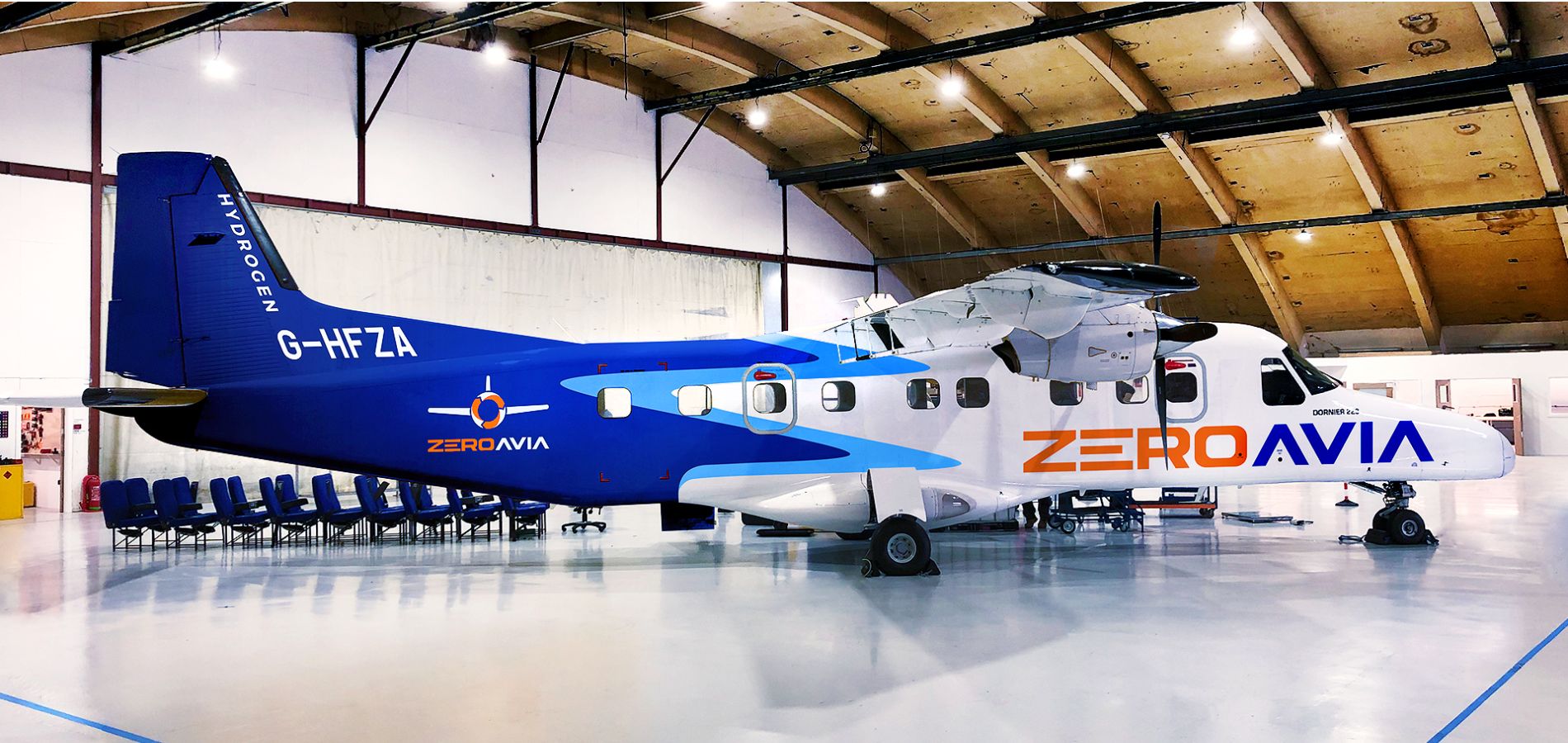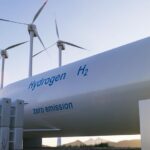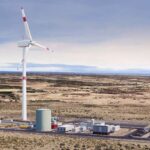GenH2, an industry leader in hydrogen infrastructure solutions, has signed a Memorandum of Understanding with ZeroAvia, a developer of hydrogen-electric propulsion, to develop liquid hydrogen aviation infrastructure solutions for use in airport environments.
ZeroAvia Engine Certification
ZeroAvia is developing the first practical zero-emission aviation powertrain to deliver truly clean aviation by replacing conventional combustion engines. ZeroAvia’s hydrogen-electric engine uses fuel cells to generate electricity from hydrogen, then uses that electricity to power electric motors that turn the aircraft’s propellers.
The company’s first goal is to retrofit its hydrogen-electric engines onto fixed-wing and rotorcraft structures to reduce time-to-market, while also partnering with new model developers. ZeroAvia plans to certify its 600 kW ZA600 engine for nine to 19 seats by 2025, before certifying the 2000 kW ZA2000 engine for regional turboprops with up to 80 seats by 2027.
Liquid hydrogen storage at GenH2
For its part, GenH2 offers liquid hydrogen liquefaction, storage and dispensing systems, ranging in capacity from 20 kg/day to 5,000 kg/day, which can be used in the field as a ground support refueling unit and as the primary source of LH2 fuel for airport operations. GenH2’s technology allows liquid hydrogen users to overcome traditional geographic constraints, enabling them to obtain liquid on demand wherever their operations require it.
By partnering with ZeroAvia, GenH2 is committed to supporting the development of liquid hydrogen aviation by providing the infrastructure necessary to make this technology viable in airport environments. This collaboration aims to accelerate the transition to cleaner, more sustainable aviation by providing efficient and environmentally friendly solutions for aircraft hydrogen refueling. Together with ZeroAvia’s ambitious plans for the certification of its hydrogen-electric engines, this collaboration is a key step toward a zero-emission aviation future.











